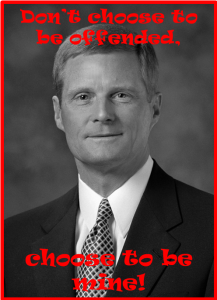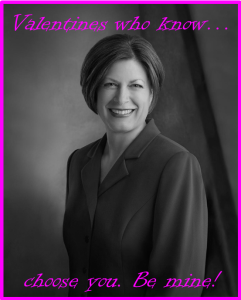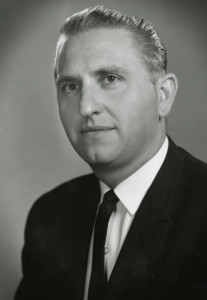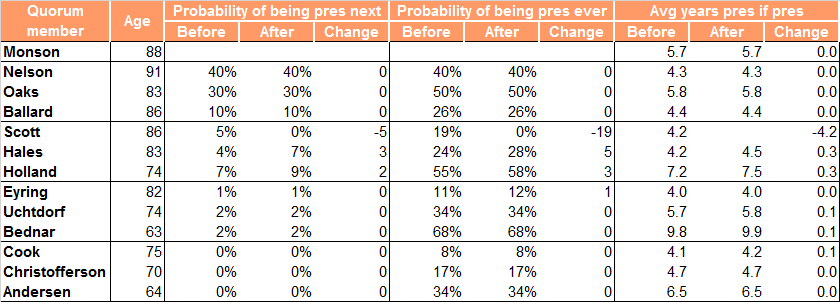In Elder Ballard’s recent address to CES teachers, he warned his audience several times of the dangers of the internet to their students. For example, he admonished teachers to
Teach [students] about the challenges they face when relying upon the Internet to answer questions of eternal significance. Remind them that James did not say, “If any of you lack wisdom, let him Google!”
Wise people do not rely on the Internet to diagnose and treat emotional, mental, and physical health challenges, especially life-threatening challenges. Instead, they seek out health experts, those trained and licensed by recognized medical and state boards.
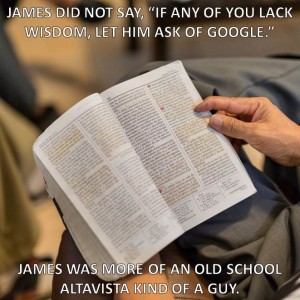 Why do Church leaders not want young people looking for for answers on the internet? One often-cited answer to this question is that they don’t like the information students might find–information that will likely contradict the carefully curated view of the Church and its history that is typically taught at Church and in seminary and institute classes. For example, students may learn that perhaps Joseph and Emma’s marriage wasn’t quite so idyllic as it is often portrayed, what with him marrying many other wives, typically behind Emma’s back.
Why do Church leaders not want young people looking for for answers on the internet? One often-cited answer to this question is that they don’t like the information students might find–information that will likely contradict the carefully curated view of the Church and its history that is typically taught at Church and in seminary and institute classes. For example, students may learn that perhaps Joseph and Emma’s marriage wasn’t quite so idyllic as it is often portrayed, what with him marrying many other wives, typically behind Emma’s back.
Elder Ballard specifically mentions this problem of negative information in his address. He says that CES teachers should introduce students to faith-promoting approaches to controversial topics so that students will measure any more negative interpretations that they encounter later against what they heard first from their teachers.
I think Church leaders are concerned with more than just information when it comes to the internet, though. There are two other things that people also find there that I suspect they also dislike: validation and voice. Read More
